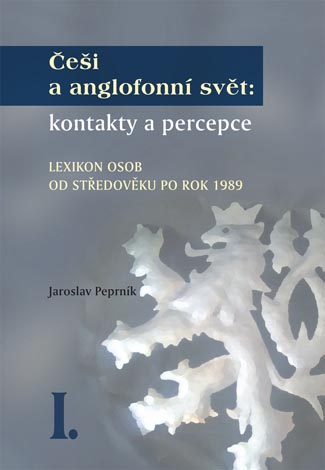What will the newcomers (more than a million every year) accommodate to, if anything? What is the reason for their decision to go to the United States? Do they want to become citizens of the country? Is the American Dream still attractive for people from the rest of the world? Can the American society manage to accept and integrate the masses of newcomers? What language will the country speak in the future? Will ethnicity matter in defining American culture and literature? These are the questions usually asked and answered by sociologists but it must not be forgotten that literature and art feeds in life and experience and has the ambition… Read More
Continue Reading








